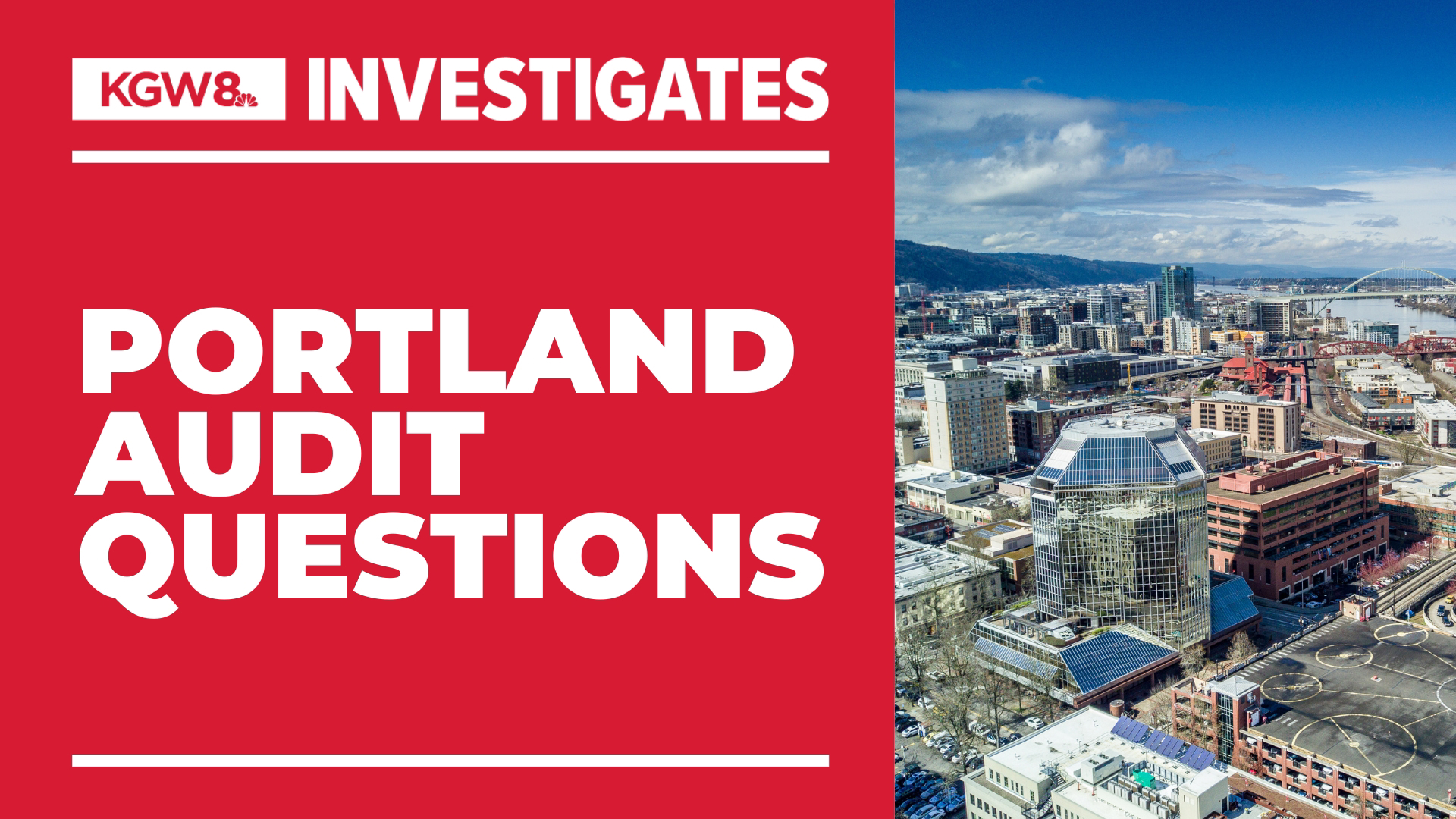PORTLAND, Ore. — The city of Portland is making it even more difficult for those who can’t pay their bills because of the way it tries to collect debts. A city audit found Portland’s inconsistent and uncoordinated approach to collecting taxes, fines or fees can be confusing, even harmful.
“For some people, unpaid bills can quickly spiral into burdensome debt as well as damage credit ratings,” the city audit explained.
An audit team found there’s no single citywide policy for collecting money from those who owe. Instead, the city uses a patchwork approach where each bureau has its own process. There is no guidance or standards for bureaus to follow.
“The city’s collection policies are inconsistent within bureaus and people might get caught up a confusing maze of letters, extra fees and penalties,” said KC Jones, audit services director.
The audit found some bureaus used aggressive tactics or tacked on extra fees for unpaid bills, there were inconsistent options available for those who struggle to pay their debt and collection letters are often confusing — especially for those with limited proficiency in English.
“We saw a lot of areas where the city could make more effort up front to help people understand what their obligations were,” said Jones.
The city audit follows a KGW series in 2019 and 2020 called The Cost of Collections examining the city’s aggressive tactics to force people to pay up, including the use of a third-party debt collection agency.
The audit report recommended the development of citywide standards for collections.
The audit team recommended a consistent collections process including the timing and content of collection letters, how extra charges are handled, the availability of payment plans and waivers, along with citywide protocols for sending delinquent accounts to a collection agency.
City auditors also suggested collection letters should be easy to understand and be translated into other languages.
“These inconsistencies are especially harmful to those who are not proficient in English, and may struggle to understand legal notices written in inaccessible language,” wrote Unite Oregon, a social justice nonprofit in a statement calling for change in the city’s collection tactics. “Having multiple bureaus employing different collections procedures creates confusion and presents a particular challenge to immigrants and refugees.”
The hardship process for those who can’t pay should be consistent and easier to access. Additionally, the audit team recommended the city consider consolidating collections.
In 2005, the city council approved the creation of the Revenue Bureau (now called Revenue Division) and centralized collection staff from various bureaus. The coordination was short lived. Following a change in elected leadership and disagreement over how to collect revenue and provide customer service, the consolidation unraveled, and the city returned to the patchwork approach.
“The audit finding of ‘inconsistent and uncoordinated’ revenue collection we have today is a direct result of the City’s failure to carry through with the 2005 consolidation,” wrote Tom Rinehart, chief administrative officer for the Office of Management and Finance in a letter responding to the city audit. “We believe it is past time to revisit the question of centralizing revenue collection.”

